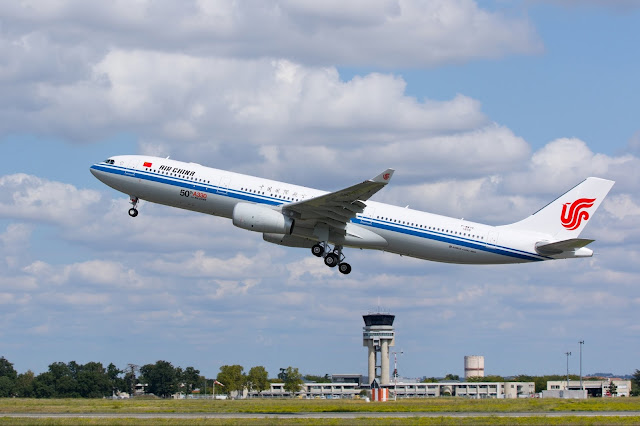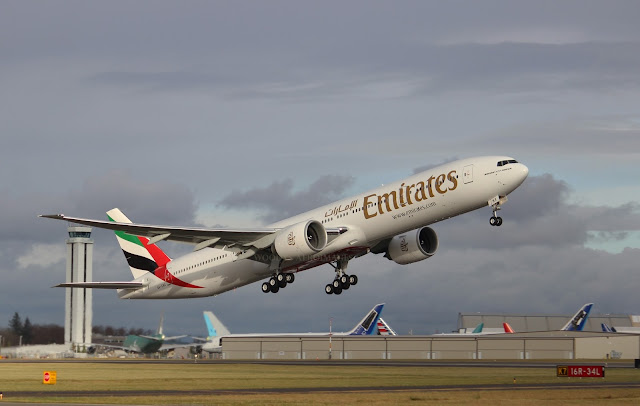Singapore Airlines Airbus A350-900 during rejected takeoff (RTO) testing at Airbus facility in France. Credit of photo goes to Clement Allding, nice photo shoot then. The delivery time to Singaporean carrier has even closer. According to statistics, Singapore Airlines has placed about 67 order for A350-900s, making them as one of the largest A350-900 operator. Rejected takeoff (RTO) or also known as aborted takeoff is the situation in which pilot decided to abort the takeoff phase due to certain reasons. Some of the reasons such as engine failure and another technical failure.
Technically, rejected takeoff is taken only if the aircraft speed during run on runway is still below takeoff decision speed or usually known as V1. If aircraft braking being conducted exceed V1 speed, the aircraft should out off runway and veer-off. If the RTO fails, aircraft better to continue to takeoff and landing afterwards.







